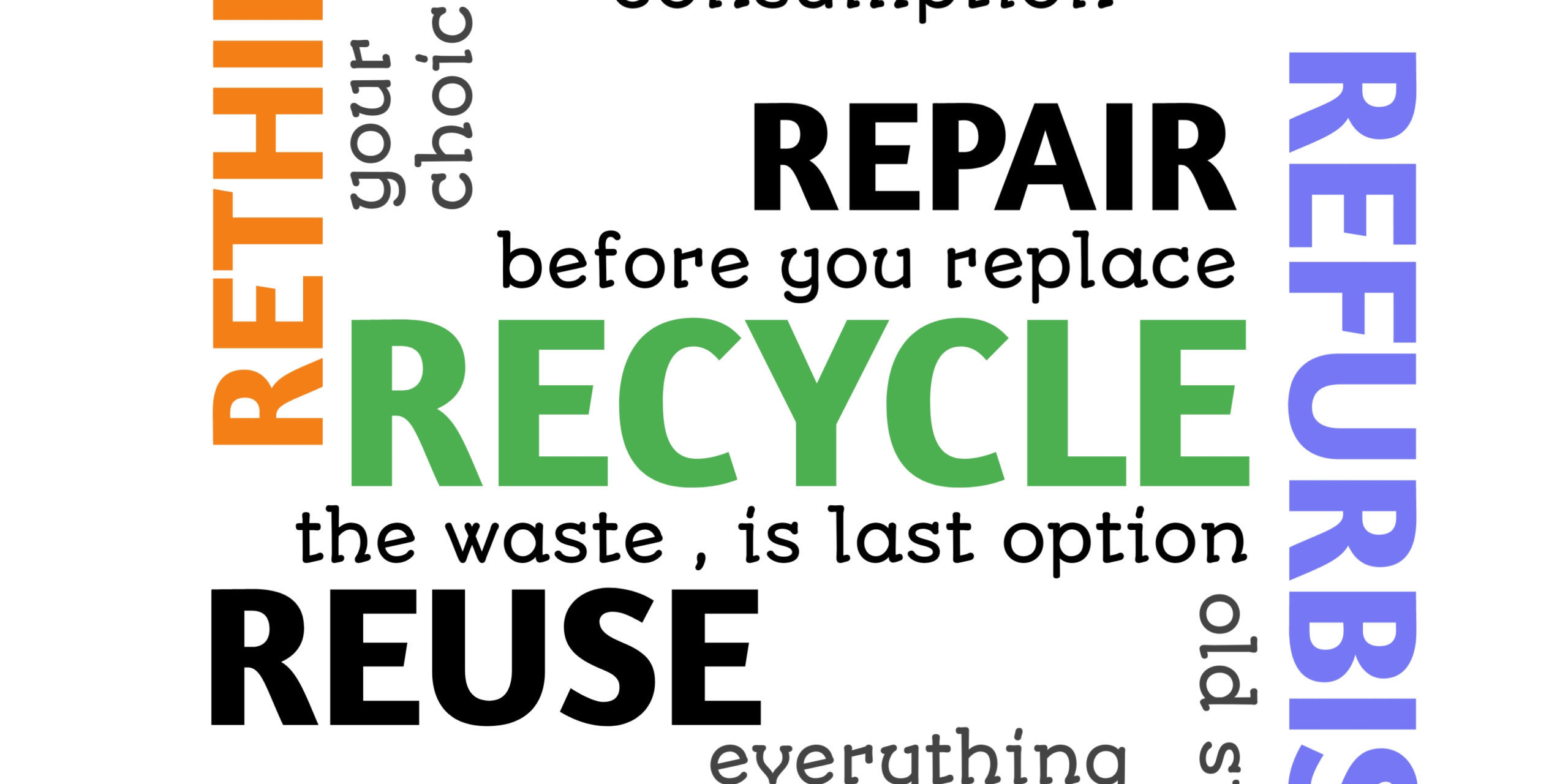January is a month known for its steep slope, an uphill climb that requires all our financial and personal effort to reach the summit. Gone are the holidays and the excesses, showing us a new panorama of opportunities and good intentions that are not only good for us but also for society and the planet as a whole. It is undoubtedly time to put into practice in our homes all those saving tips that will help us to recover while at the same time favouring the care and regeneration of our environment.
Much more than the 3R slogan of the circular economy
In addition to the already famous Reduce, Reuse, Recycle that the circular economy preaches, we can carry out many other actions that will help us take care of the planet while keeping the domestic economy in check.
- Repair
The planet cannot afford to continue using resources on goods we already have. Choose brands committed to sustainability that guarantee spare parts and do not quote you for a replacement part at almost the price of a new product. Always try to repair before replacing, your grandchildren will thank you for it.
- Rethink
Choose durable over disposable and go for eco-design. Replace disposable items with more durable items, preferably made of natural materials, and you will save in the medium term. Many companies are already practising eco-design, rethinking their products to reduce their carbon footprint and environmental impact.
- Refuse
Avoid paper receipts, invoices and notices, as well as advertising in letterboxes. When shopping, refuse food with unnecessary packaging and buy products in bulk without packaging or recyclable packaging. Refuse impulse buying and always make your purchases carefully.
- Check
Check your pantry and fridge before shopping. Plan your menus, by days and portions when making your shopping list. Prioritise local and seasonal foods and adjust quantities.
- Recover
If repairing is a trend, buying second-hand is very much in vogue. The second-hand market has become accessible to all through digital platforms and apps. Not only in clothing, there are many other items such as furniture, small appliances or technology that you can buy at a great price.
- Redistribute
Related to the previous point, surely you have things that you no longer use and that you can get rid of. Someone takes them back and gives them a second life, you gain space and money. Not hoarding and redistributing is one of the premises of the circular economy.
- Readjust
Your energy consumption needs to be adjusted for your sake and for the planet. Energy-saving light bulbs, energy-efficient appliances, eco-friendly washing machine and dishwasher cycles at full load will save water as well as electricity. Switch off your electronic devices completely and avoid “stand by” mode.
- Reflect
Reflect on your consumption habits. The circular economy is an economic and social model based on making the most of resources by optimising their use and minimising waste generation. The logical limitation of the planet’s natural resources together with the continuous growth of its population makes it increasingly urgent and necessary for each and every one of us to consume rationally and responsibly. Changing the “use and throw away” of the linear economy for a more sustainable consumption system is beneficial for your economy and for the environment. It’s a win-win situation.
